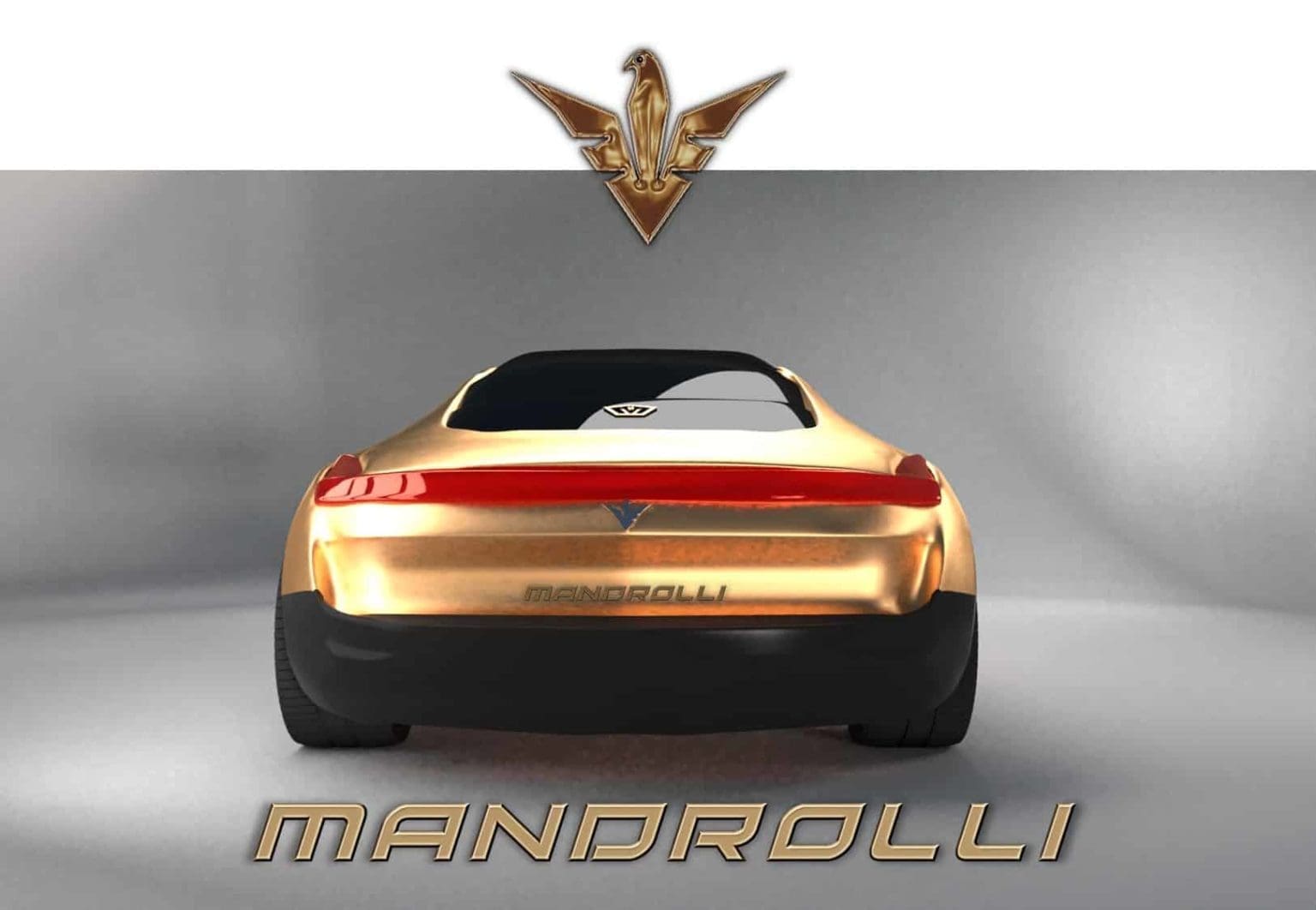The Mandrolli Auto consortium plans to build electric cars in the Eastern Cape, including a $1.5 million or R22 million “hypercar” bearing Nelson Mandela’s signature.
The Sunday Times reported that the consortium, which includes Mandela’s granddaughter Ndileka Mandela, says it had been promised $9 billion or R131 billion by the African Diaspora Central Bank to develop and manufacture electric cars.
Mandrolli, a solar and battery-powered electric vehicle startup based in Johannesburg, South Africa, and the U.S, is co-founded by Tami Mase, Ndileka, and B.Taylor.
Mandrolli was birthed in the Eastern Cape, where Premier Oscar Mabuyane has agreed to support the initiative to the fullest.
In an interview with the Sunday Times, Mase said the partners are scouting out potential manufacturing sites in East London and Gqeberha and exploring the development of a harbour near Coffee Bay on the Wild Coast.
She says actual manufacture is about five years away. The first product, the hypercar, is in the early stages of development.
For more read: ‘Madiba’ dream car faces bumpy ride
Mase says she hopes her cars will cost as little as R550,000 – R100,000 less than the current cheapest electric models on the market but that’s still well beyond the reach of most local buyers.
Also read: South Africa Must Accelerate Its Electric Car Plan To Avoid Export Revenue and Job Losses
THEDepartment of Trade, Industry and Competition (dtic) has released a green paper on the South African roadmap to the production of electric vehicles.
Trade, Industry and Competition Minister, Ebrahim Patel, said the purpose of the green paper is to establish a clear policy foundation. He added that this will enable the country to coordinate a long-term strategy that will position South Africa at the forefront of advanced vehicle and vehicle component manufacturing.
“The strategy is complemented by a consumption leg, and a focus on increasing competitiveness in the global race to transition from the internal combustion engine era, into electro-mobility solutions and technologies,” Patel said on Tuesday.
In August 2019, the Minister set the large automakers in South Africa a challenge to help develop a roadmap for the local production of electric vehicles.
“The future of the automotive industry in South Africa lies in large-scale vehicle production and component exports and there is, therefore, a general acknowledgement in the domestic automotive industry that it must think differently in the way it perceives the electric evolution,” concludes the paper.
“Exporting remains key to generate sufficient economies of scale and achieving improved international competitiveness.
“If South Africa does not want to lose its major export markets and face significant job losses at plant level, export revenue, as well as a substantial drop in the automotive industry’s contribution to the GDP, which currently stands at 4,9%, it must accelerate its EV transformation in the country.”
The Draft Green Paper seeks to develop a framework for a comprehensive and long-term automotive industry transformation plan on new energy vehicles.


